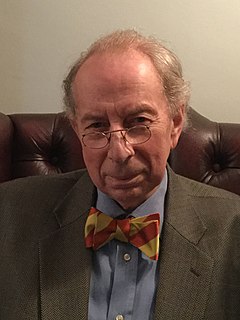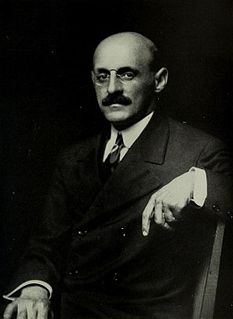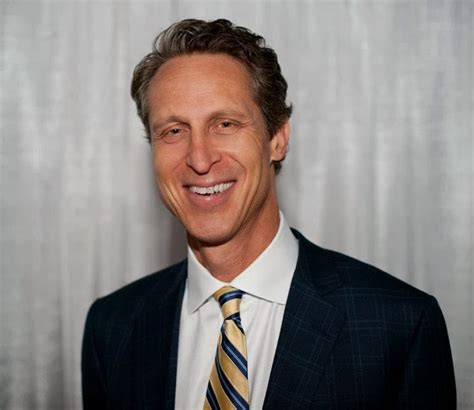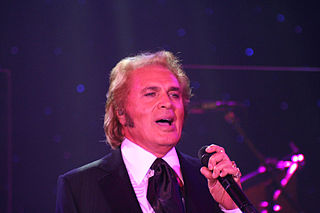A Quote by Caroline Myss
I think that the practice of medicine, the science of it, has become 50% pharmacological, so that doctors are like walking pharmacies.
Related Quotes
In the last century the practice of medicine has become no more than an adjunct to the pharmaceutical industry and the other aspects of the huge, powerful and immensely profitable health care industry. Medicine is no longer an independent profession. Doctors have become nothing more than a link connecting the pharmaceutical industry to the consumer.
I think energy medicine is a field that is probably for me the most authentic level of medicine that there is, because it takes into account what I would call 'square one of creation'. Which is where energy meets the process of incarnating. So I think it is very much going to become the dominant practice of medicine in this next millennium. We have no other place to go but there.
Now, if doctors were aware that medicine was not a science and that they were pulling what is undoubtedly the largest and most successful confidence trick ever tried the damage would be fairly minimal. But the problem is compounded by the fact that the vast majority of doctors believe the lie that they are taught; they believe that they are scientists, practising an applied science.
America with 4% of the world's population has 50% of the worlds lawyers .... tort lawyers love to point out that 1% of America's health care cost is used to pay malpractice insurance ... but most doctors practice defensive medicine to avoid malpractice litigation ... these costs are not included in the 1% number above.
We profess to teach the principles and practice of medicine, or, in other words, the science and art of medicine. Science is knowledge reduced to principles; art is knowledge reduced to practice. The knowing and doing, however, are distinct. ... Your knowledge, therefore, is useless unless you cultivate the art of healing. Unfortunately, the scientific man very often has the least amount of art, and he is totally unsuccessful in practice; and, on the other hand, there may be much art based on an infinitesimal amount of knowledge, and yet it is sufficient to make its cultivator eminent.
Meditation practice is like piano scales, basketball drills, ballroom dance class. Practice requires discipline; it can be tedious; it is necessary. After you have practiced enough, you become more skilled at the art form itself. You do not practice to become a great scale player or drill champion. You practice to become a musician or athlete. Likewise, one does not practice meditation to become a great meditator. We meditate to wake up and live, to become skilled at the art of living.
Until the 20th century, medicine was more like politics than physics. Its forecasts were often bogus and its record grim. In the 1920s, statisticians invaded medicine and devised randomised controlled trials. Doctors, hating the challenge to their prestige, resisted but lost. Evidence-based medicine became routine and saved millions of lives.

































